Buy Mixed Mineral or Chemical Fertilizers in Kenya with Wigmore Trading
Buy Mixed Mineral or Chemical Fertilizers in Kenya with Wigmore Trading
Did you know that commercial grade fertilizer is the most important input to increase yields? If your answer was no, then know that in any crop production system, fertilizer plays a significant role in boosting production and increasing its sustainability. In this article, we will take you through an interesting discussion on buying mixed mineral or chemical fertilizers in Kenya as a smallholder farmer. There are many types of fertilizers available on the market today, each with its own benefits and drawbacks. Here is what you need to know before buying either chemical or mixed mineral fertilizers when starting a new farm business .
What is a Fertilizer?
A fertilizer is a commercially manufactured material that is applied to soils to promote plant growth. It contains one or more kinds of nutrients that are beneficial to plants, usually inorganic compounds such as ammonium nitrate, urea, phosphate, and potassium sulphate. Before the invention of synthetic fertilizers in the mid-19th century, plants got all their nutrients from the soil. Synthetic fertilizers are created from non-food sources, such as minerals, animal manure, and plant or marine biomass. This allows for the controlled application of nutrients to specific crops.
Why use fertilizers in farming?
The benefits of commercial fertilizers for crop production outweigh the drawbacks. For example, the use of commercial fertilizers leads to increased yields and reduced production costs. However, you need to measure the nutrients in your soil and find out whether it is deficient in any of the essential nutrients. This can be done by taking a sample and sending it to a laboratory for testing. Depending on the results, you can use fertilizer to correct the deficiency. There are many reasons to use fertilizers, including:
Types of Fertilizer
– Chemical Fertilizer: These fertilizers are manufactured using chemical and synthetic materials such as ammonium, urea, and other minerals. Chemical fertilizers cause quick and large yields, but they have a limited application as they cannot be used on organic lands. This is because they contain chemicals that may harm the environment. – Natural Fertilizer: These fertilizers use organic materials such as animal manure, straw, and other plant and vegetable wastes, which are decomposed by micro-organisms in the soil and then converted into plant nutrients. These fertilizers are less effective than chemical fertilizers, but they are environment friendly. – Organic Fertilizer: These fertilizers are made using manure, legumes, and other plant materials, which are not broken down by micro-organisms in the soil. They release nutrients slowly over several months, providing a continuous supply of nutrients.
Who can benefit from buying mixed mineral or chemical fertilizer?
First, you need to identify your soil type and nutrient deficiencies. This can be done by taking a sample of soil from different parts of your farm and sending it to a laboratory for testing. Then, you can purchase fertilizers to correct the deficiencies. Mixed mineral fertilizers are used on all types of soils, while chemical fertilizers are used for correcting nutrient deficiencies in certain soils.
How to identify the best type of fertilizer for your farm?
The first step is to identify the type of soil on your farm. You can do this by taking a sample of the soil, making it into a fine paste, and observing its colour and texture under a microscope. Then, take a sample of your current levels of nutrients and send it to a laboratory for testing. Based on the results, you can identify the best type of fertilizer. Here are some tips that can help you choose the best fertilizer for your farm: – Choose a fertilizer type based on your soil type. – Choose the correct ratio of nutrients in the fertilizer. – Choose the correct nutrient ratio based on the soil test results.
Purchasing guide for Mixed Mineral and Chemical Fertilizer
– Choose a reliable seller: Always purchase fertilizer from a reliable seller. A reputed seller can provide you with the best quality product and help you decide which type of fertilizer is best for your farm. – Check the bag or container: Before purchasing fertilizer, check the bag or container for damage. Damaged containers or bags may be a sign of poor quality fertilizer. – Choose a fertilizer that best matches your soil type.
Wrapping up
Fertilizers are the most important inputs to increase yields and sustainability in any crop production system. They can be in the form of mixed mineral or chemical fertilizers, each with its own benefits and drawbacks. You can choose the best type of fertilizer for your farm by matching it with your soil type, taking soil samples for testing, and choosing a fertilizer that best matches your soil type. Now that you have read this article, you know that commercial grade fertilizer is the most important input to increase yields. If you are a smallholder farmer, then you might have gained some insight into how to select the best type of fertilizer.


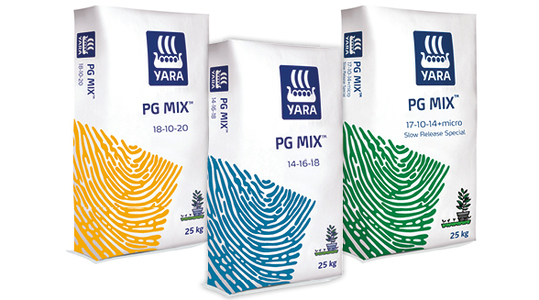
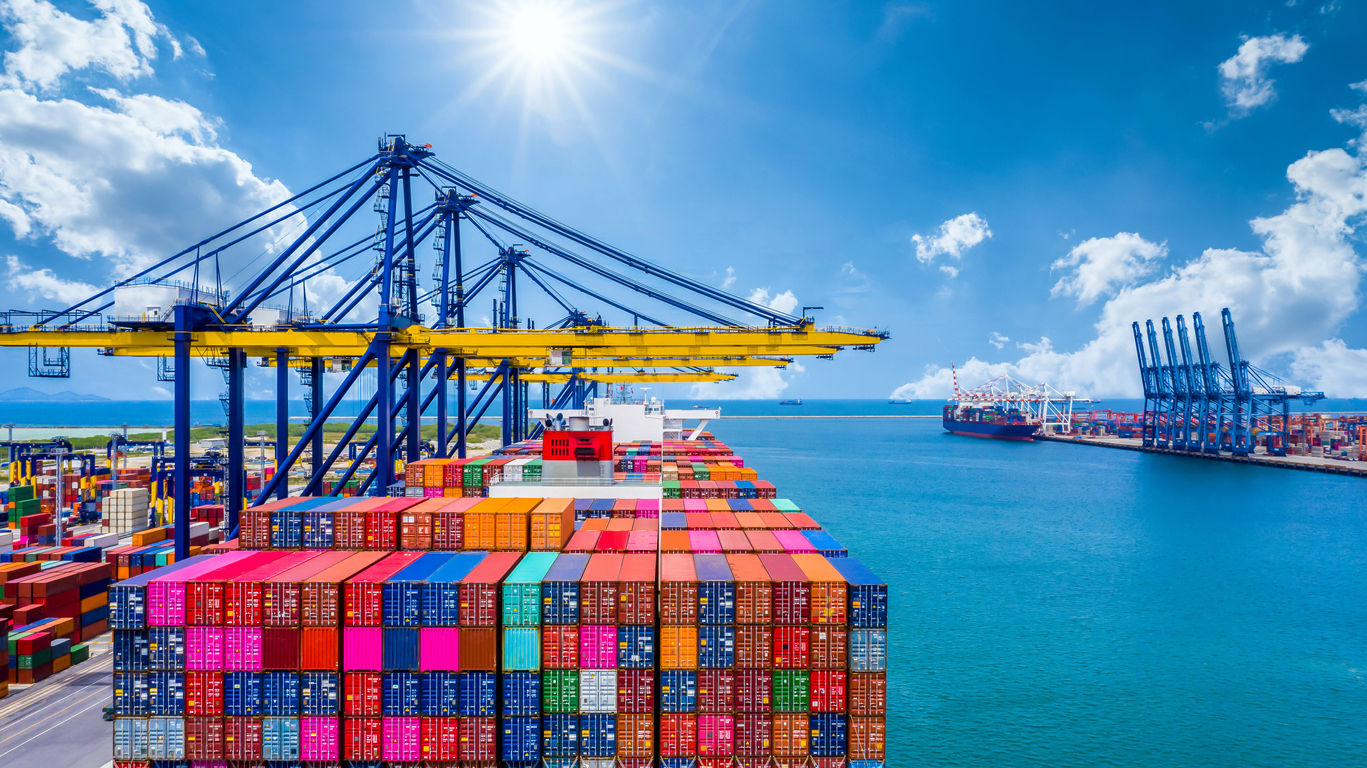
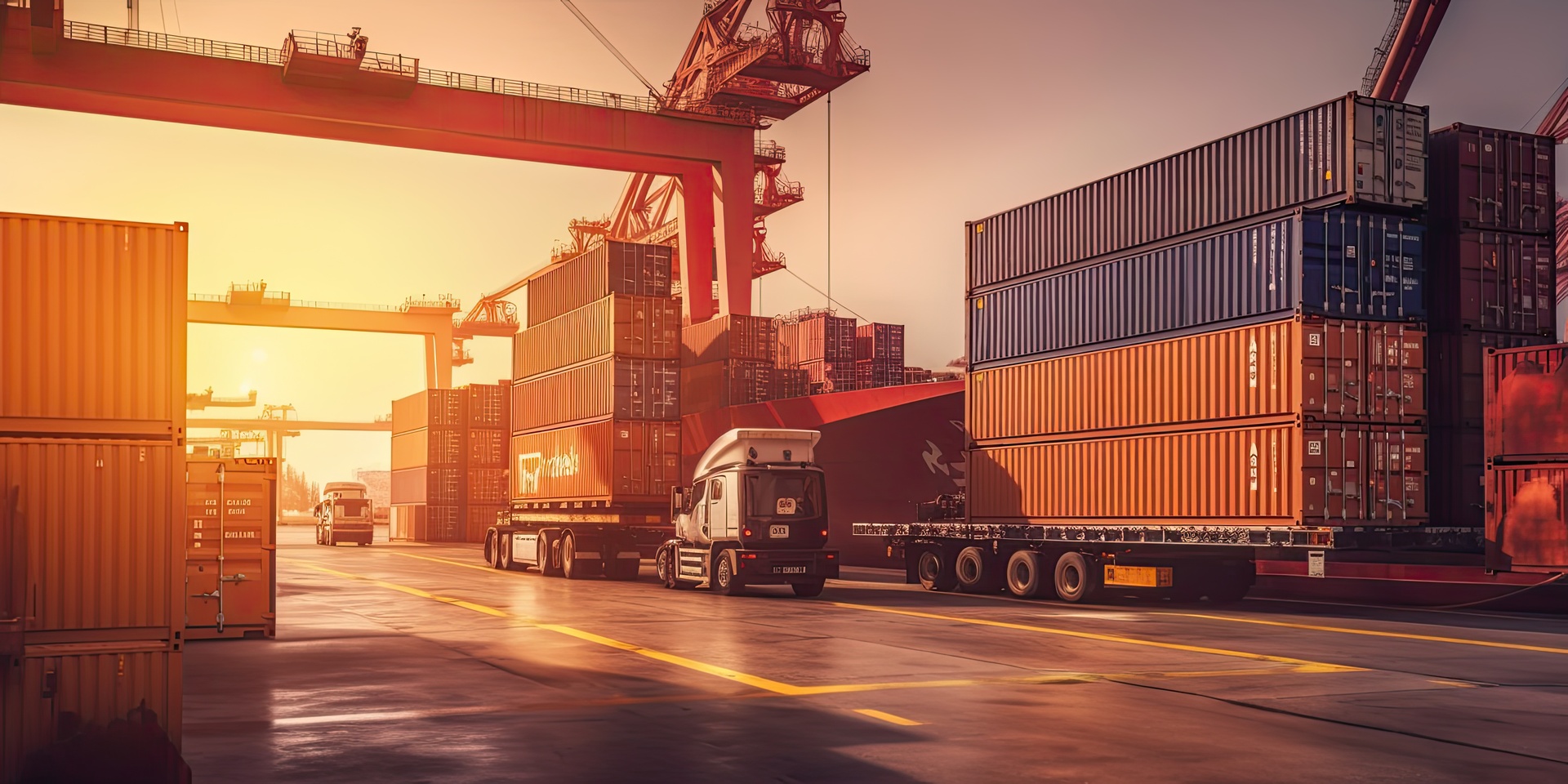
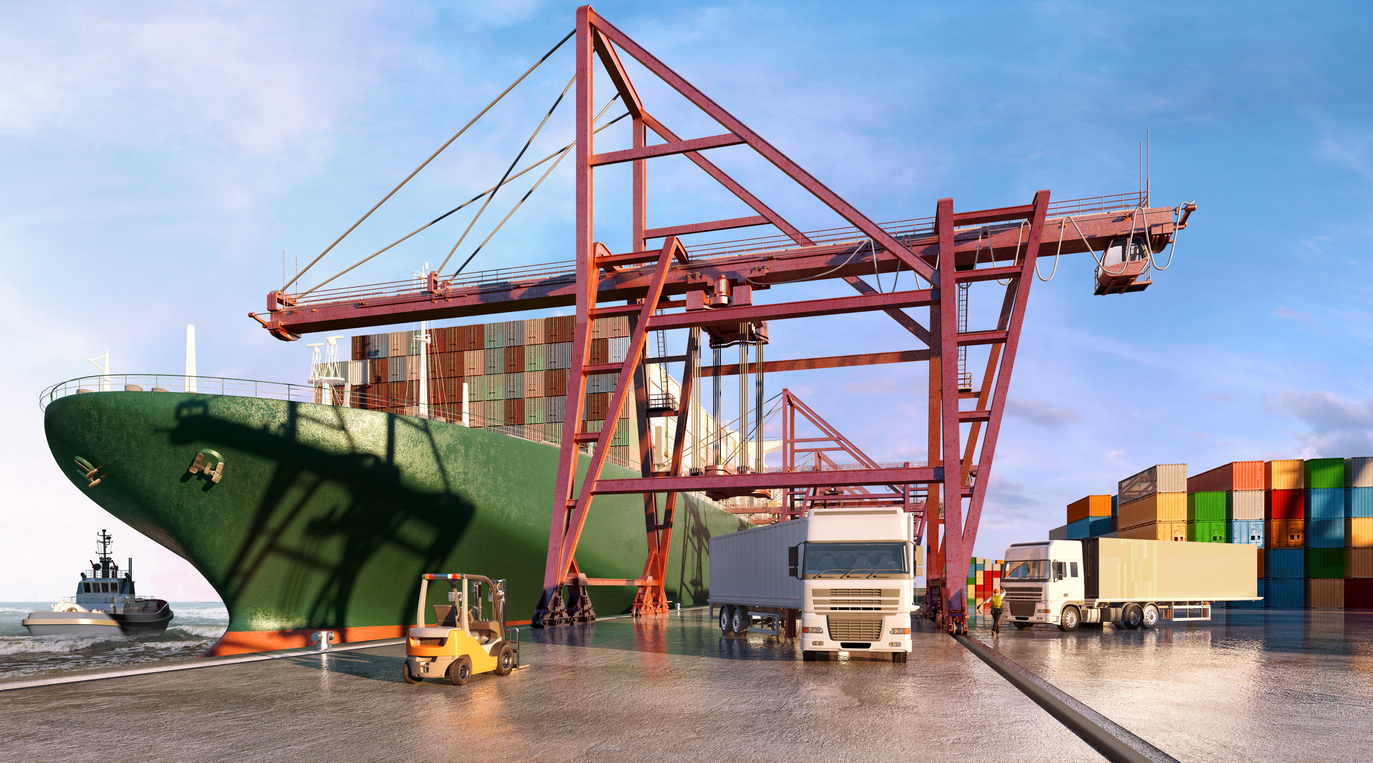
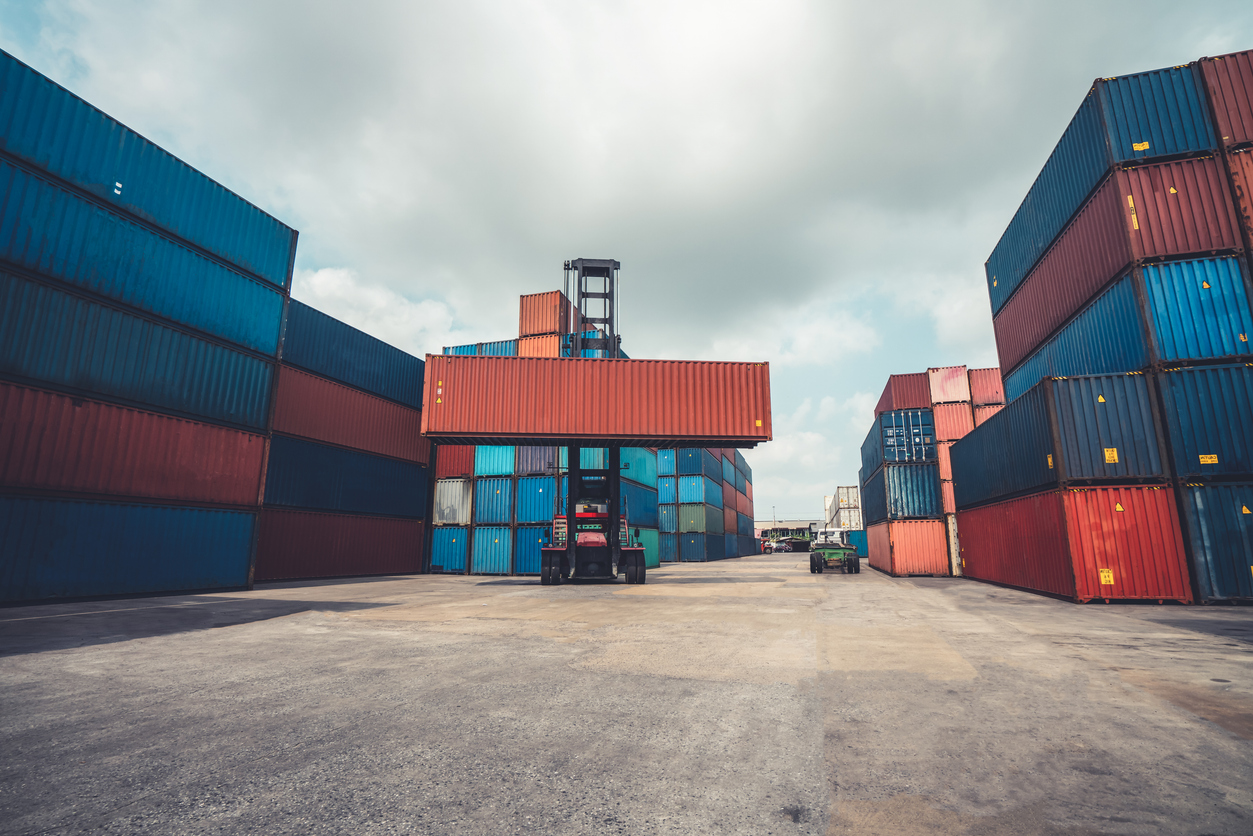
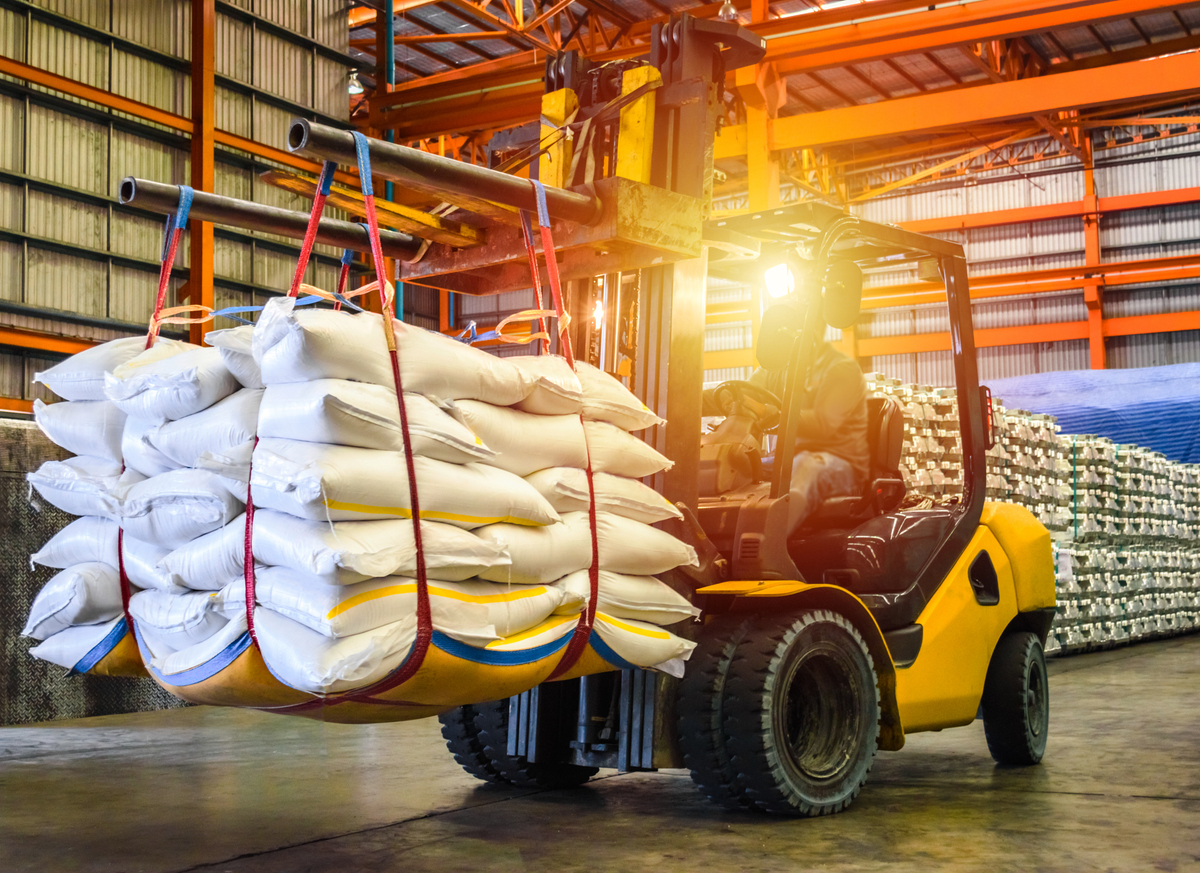
LEAVE A COMMENT
You must be logged in to post a comment.